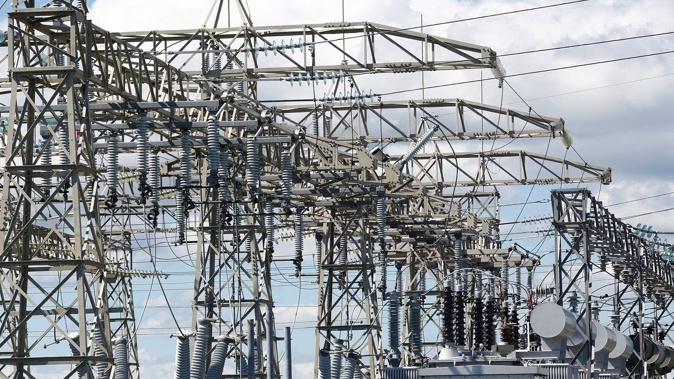
High wholesale electricity prices may hurt industrial customers and impact the earnings of some generation companies for at least another year, until more renewable power becomes available.
“We’re probably not going to get much respite on that for the next 18 months,” Jarden equity research director Grant Swanepoel told Markets with Madison.
Considering which gentailers would show the largest impact when they reported financial results this month, he said it was hard to tell, given they hedged their contracts and were experiencing unrelated positive headwinds.
“They all have good momentum behind them, except for maybe Mercury with wholesale electricity prices where they are right now.”
Manawa Energy, formerly Trustpower, announced a shock profit downgrade this week with a potential 26% negative earnings impact, partly due to being forced to buy extra electricity at current levels.
Wholesale prices hit $860 per megawatt hour this week according to NZX analysis, levels Forsyth Barr analyst Andrew Harvey-Green called stratospheric.
“The system is in uncharted water,” he wrote in a research note this week.
The August highs surpassed the previous price record of $535/MWh in October 2018 during a planned outage at a Taranaki gas field.
The current situation was caused by record low hydro-lake levels and gas supply falling short - with the last significant rainfall for lakes recorded in mid-April.
Dams in the North Island were 32% full compared to average for this time of year, and dams in the South Island were 61% full, according to Swanepoel’s research.
He said out of all the major power generation companies, Genesis was well positioned because it could import coal to keep its Huntly Power Station generating.
“And I think the market is not too concerned with coal burn at the moment because we know we need it.”
Meridian’s bottom line was benefiting from a renewed Tiwai Aluminium Smelter supply contract, he said, which included the ability to request Tiwai curtail production to free up supply for the rest of the market - something that was in action currently.
Contact had extra generation come online recently and could use its own gas storage as backup if required, Swanepoel said.
“And then you’ve got Mercury, which I suspect is probably struggling.”
Mercury's Karapiro Hydro Power Station. Photo / Alistair Gutherie
Mercury own and operate major hydro-power schemes, including Lake Karapiro in the North Island.
The high energy prices were leading some manufacturers to shut up shop, with Oji Fibre Solutions this week announcing the potential closure of its Penrose paper mill, following Winstone Pulp International’s 14-day shutdown of two of its central North Island mills.
Watch Grant Swanepoel discuss the state of the power industry, and if it could draw unwanted regulatory attention, in today’s episode of Markets with Madison above.
Sponsored by CMC Markets.
- NZ Herald
Take your Radio, Podcasts and Music with you









